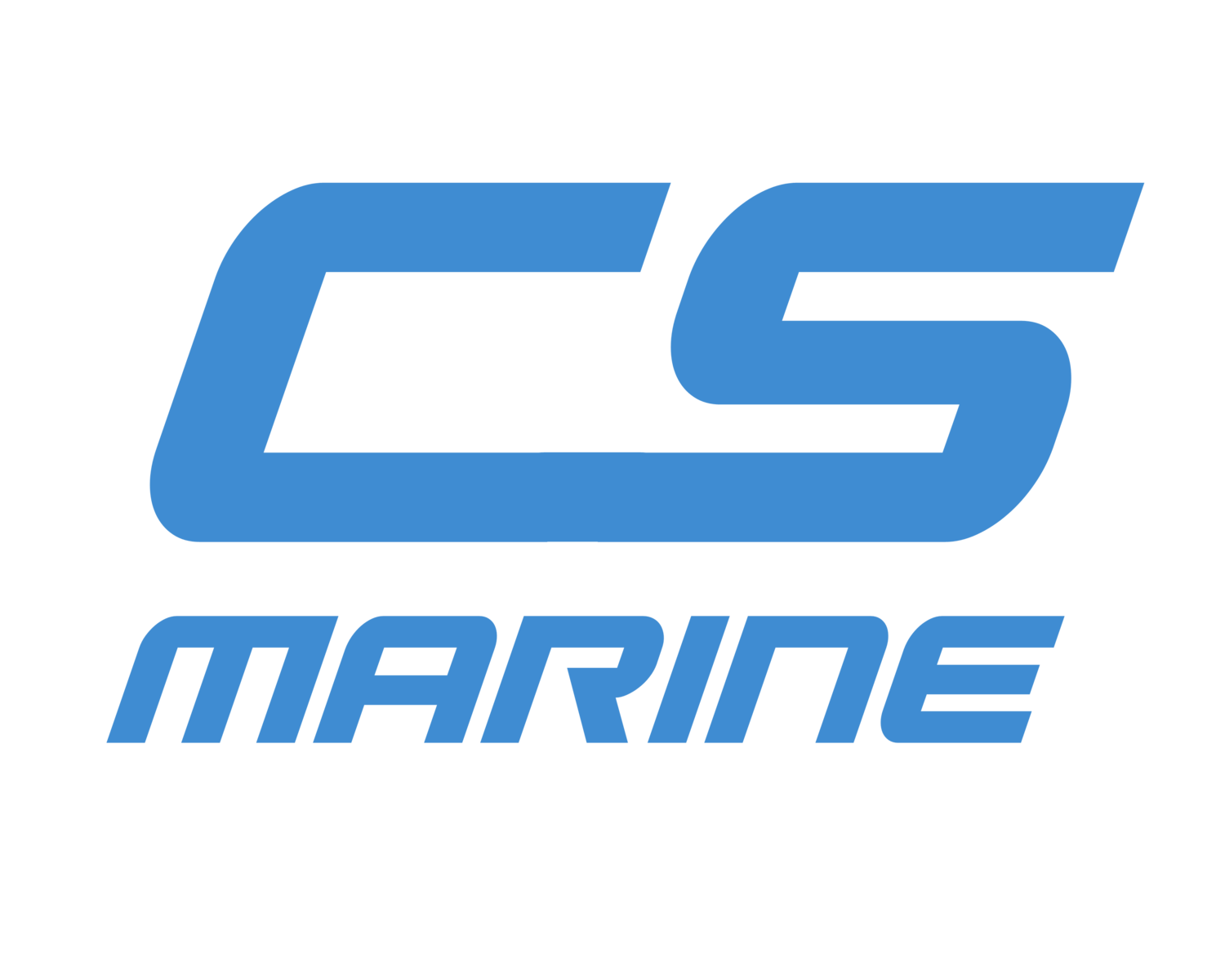February 5, 2021 3:56 PM
Rep. Rob Wittman (R-Va.)
Republicans on the House Armed Services Committee will maintain their focus on building a larger Navy to counter China in the Indo-Pacific, the panel’s new number-two Republican told USNI News.
Rep. Rob Wittman (R-Va.) said that, while the new Biden administration will want to evaluate the plans for Navy shipbuilding, he believes the emphasis on China as the main challenge for the U.S. will drive the strategy and make a larger fleet essential going forward.
“You might have a debate about what classes of ships you want to prioritize or how you integrate unmanned platforms. But I think overall the idea is you have to be able to counter the Chinese and in turn our other adversaries, including the Russians that, while they’re not modernizing at the pace that the Chinese are, they have some pretty capable assets that do place the United States at risk. So you have to be able to do those things,” Wittman, who this week was named the new vice ranking member on the committee, told USNI News in a Thursday interview.
“So I’m hopeful that they’ll look at that and if there are changes, they’re semantic changes, not wholesale changes to what we need to build. To me, I think it’s pretty simple and straightforward,” he continued. “You have to have attack submarines. I think you need to be able to build them at a higher rate that is three per year. I know you can’t just flip the switch and do that. Make sure we’re staying on track with Columbia [ballistic missile submarine], the same with Ford [aircraft carriers]. Staying on track with multi-ship procurement on [amphibious ships] and the same with DDGs.”
While the Trump administration during its last weeks in office unveiled a shipbuilding blueprint – billed as the Fiscal Year 2022 30-year shipbuilding plan – that called for a sustained funding boost to build a much larger fleet, it’s unclear what the Biden administration will do with the proposal.
Acting Navy Secretary Thomas Harker said this week he expects to have a better understanding of the Biden administration’s priorities for shipbuilding once more officials like the deputy defense secretary and the director of the White House Office of Management and Budget are confirmed by the Senate. Harker said some parts of the proposal from the last administration will likely remain, but some will not.
Norman Bialk TIG welds an aluminum frame in the Hull Outfitting Shop. Newport News Shipbuilding
The Trump plan, led by the White House, projected the Navy having 405 manned ships by 2051 and at various points in the 30-year proposal building three Virginia-class attack boats per year – two objectives Wittman said he supports. The blueprint also showed the Navy spending $147 billion from FY 2022 to FY 2026 to buy 82 new ships. The FY 2021 Future Years Defense Program – unveiled as part of last year’s budget request – only showed the Navy spending $102 billion to purchase 44 ships between FY 2021 and FY 2025, a request that didn’t sit well with many HASC members who thought the Navy needed to buy more ships to keep pace with the threats.
Despite the support for more ships, service officials have spoken openly about the likelihood of flat or declining defense budgets in the coming years. Wittman said he and HASC Ranking Member Rep. Mike Rogers (R-Ala.) will push to maintain defense spending at current levels to pursue both modernization and increased readiness for the services.
“And that means making sure that we stand by the funding levels that we’ve had in the past. In fact, I would argue you have to be able to factor in an element of inflation to make sure we have the dollars necessary,” Wittman said.
“You know that those dollars are needed, as we’ve seen in the National Defense Strategy, the 30-year shipbuilding plan, Battle Force 2045, however you want to parse it out. Those things are incredibly important,” he added, referring to the Battle Force 2045 shipbuilding objectives pushed by former Defense Secretary Mark Esper last year.
Rogers, who recently assumed the role of the top Republican on the panel after former Rep. Mac Thornberry (R-Texas) retired, tapped Wittman this week to serve as his vice ranking member.
Wittman, who also serves as the ranking member of the HASC seapower and projection forces subcommittee, said he spoke with Kathleen Hicks – Biden’s nominee to serve as the deputy defense secretary – about the Battle Force 2045 plan and the long-term shipbuilding blueprint.
Virginia-class submarine Washington (SSN-787) under construction in 2016 at Newport News Shipbuilding, Va. HII Photo
“It’s a strategic issue. I think there’s agreement across the spectrum within the Pentagon. Obviously I know the new folks want to come in, they want to look at things as they get in. That’s a natural prospect. It happens every time when you have a new SECDEF,” Wittman said.
“And they’re not going to come in and say, ‘oh yeah everything is great’ until they’ve had a chance to take a look at it and determine. And listen, they’ll probably want to put their imprint on it and say, ‘well we think a little change here a little change there.’”
“But I just don’t see with the challenges that we face that there should be wholesale changes to it. Again, I can’t project what they might do,” he added. “But I think if they look at this from a standpoint of the National Defense Strategy, of the needs of the requirements going forward to counter the Chinese, to me it’s pretty straightforward in what we need to do in terms of rebuilding and modernizing our Navy.”
The Virginia congressman emphasized the need for bipartisanship on HASC and said Democrats will likely need Republican votes to pass the annual National Defense Authorization Act due to the party breakdown in the lower chamber.
“I know that the chairman has indicated he wants that to be the case, as well as the ranking member. So I think that’s where we’ll be,” he said of a bipartisan approach to the annual policy bill.
Republicans on HASC also hope to legislate outside of the NDAA, Wittman said, pointing to acquisition reform as a potential avenue for its own bill.
“The NDAA becomes this massive undertaking,” he said. “I think there’s an opportunity for us to do some other things outside the NDAA that complement that and that lets us maybe narrow down the things we focus on in the NDAA.”
USS Gerald R. Ford (CVN-78) conducts cyclic flight operations while steaming in the Atlantic Ocean on Nov. 13, 2020. US Navy Photo
Wittman said that as the vice ranking member, he is focused on keeping the Navy’s ship acquisition programs, like the Columbia-class submarine, the new Constellation-class frigate and the Ford-class aircraft carriers, on schedule.
“All those things are critically important. They have to be part of our plan if we’re really serious about countering the Chinese. We see the naval presence that they’ve been able to build over the years. It is significant,” Wittman said.
“It used to be that we’d look at China and we would talk about quantity. But today, China has quantity and quality, something that is very concerning as we look to strategically assure that we have the advantage over the Chinese,” he added. “And I would argue in many areas they’re either equal to or potentially have surpassed us.”





